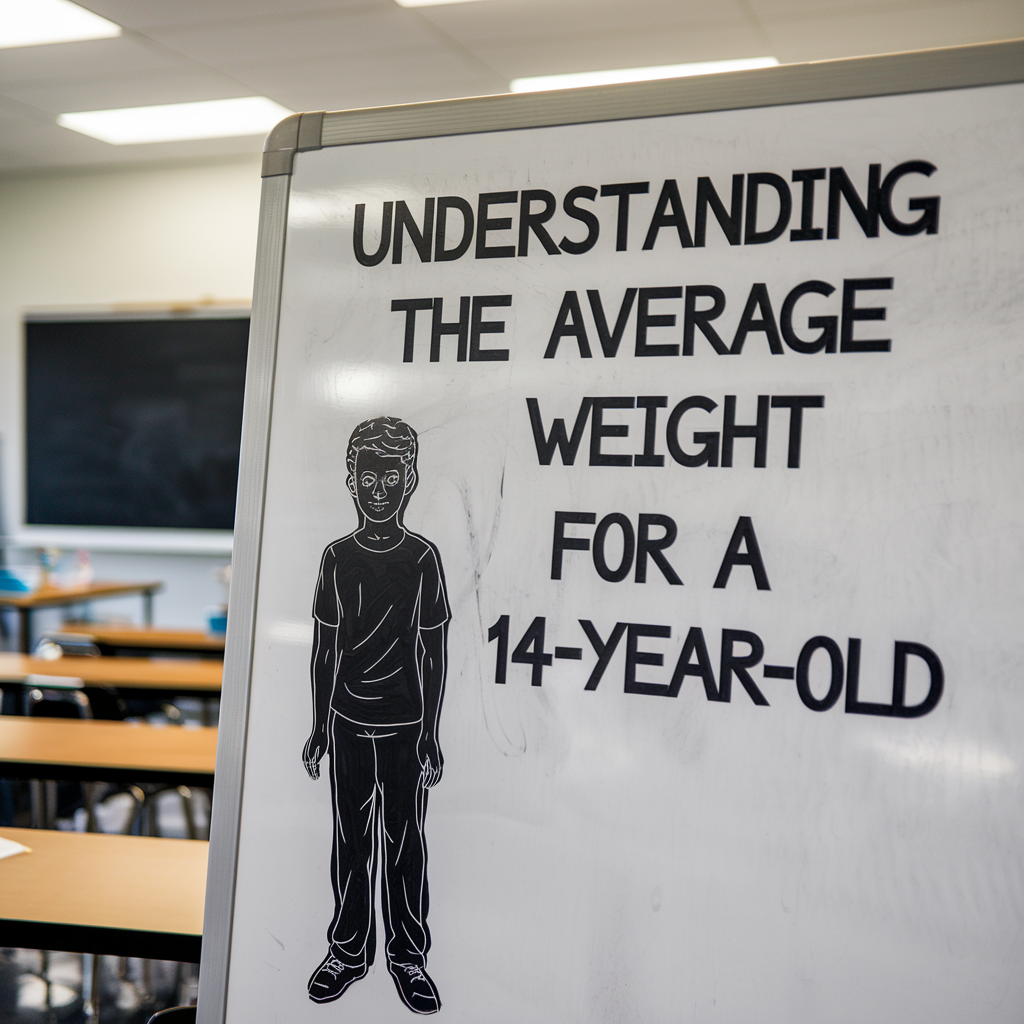Culinary skills are an essential part of personal development, and what better way to foster this than through kids cooking classes! These classes are more than just about learning recipes; they’re about inspiring creativity, teaching valuable life skills, and, of course, having loads of fun. In this comprehensive guide, we’ll explore the world of kids cooking classes near you, highlighting their benefits, what to expect, and how they can shape the culinary journey of your little chef!

Exploring the Benefits of Culinary Classes for Children
Cultivating Culinary Skills Early On
Kids cooking classes offer a hands-on approach to learning, allowing children to explore various ingredients, understand nutritional values, and master basic cooking techniques. This early exposure to culinary arts paves the way for a lifelong journey of healthy eating and a love for cooking.
Boosting Confidence and Creativity
Cooking classes are a fantastic way to boost a child’s confidence and creativity. They learn to follow recipes, experiment with flavors, and present their dishes, all of which contribute to their sense of achievement and self-expression.
Developing Social Skills and Teamwork
These classes provide a social platform where children interact with peers, share tasks, and work collaboratively. This environment fosters teamwork and helps in developing communication skills.
Enhancing Problem-Solving and Math Skills
Cooking involves measurements, conversions, and problem-solving, which are great for sharpening math and critical thinking skills in a practical setting.
What to Expect in a Kids Cooking Class
Age-Appropriate Learning
Kids cooking classes are tailored to different age groups, ensuring that the content is age-appropriate and safe. Younger children might focus on simple recipes and basic skills, while older kids might delve into more complex culinary techniques.
A Safe and Supervised Environment
Safety is paramount in these classes. Kids are supervised by professionals and taught kitchen safety, including how to handle utensils and appliances safely.
Fun and Interactive Sessions
These classes are designed to be fun and engaging, with interactive sessions that keep the children interested and excited about cooking.
Variety of Cuisines and Dishes
Children get the opportunity to learn about various cuisines from around the world, broadening their culinary horizons and taste preferences.
Finding the Right Cooking Class Near You
Local Community Centers and Schools
Many community centers and schools offer cooking classes for children. These are great options as they are often close to home and familiar to kids.
Specialized Culinary Schools for Kids
There are culinary schools dedicated to teaching children. These specialized classes often offer a more in-depth culinary experience.
Online Cooking Classes
For those who prefer learning from home, online cooking classes are a flexible and convenient option. These can be live sessions or pre-recorded videos.
Summer Camps and Workshops
Look out for summer camps or seasonal workshops that focus on cooking. These are great for immersive culinary experiences during school breaks.
Incorporating Kids Cooking Classes in Your Child’s Routine
Weekend Cooking Clubs
Weekend cooking clubs are a great way for kids to engage in culinary activities without disrupting their school routine.
After-School Programs
Some schools offer after-school cooking programs, making it convenient to combine education and culinary learning.
Holiday and Special Event Workshops
Keep an eye out for holiday-themed cooking workshops, which can be both seasonal and festive, offering a unique learning experience.
The Impact of Cooking Classes on Future Career Paths
Inspiring Future Chefs and Culinary Entrepreneurs
For some children, these classes could be the beginning of a career in culinary arts or entrepreneurship in the food industry.
Broadening Career Options
Even if not pursuing a culinary career, the skills learned can open doors to various fields like nutrition, food science, and hospitality.
Incorporating Healthy Eating Habits Through Cooking Classes
Understanding Nutrition and Healthy Choices
Children learn about nutrition and the importance of making healthy food choices, which is crucial in today’s fast-food era.
Farm to Table – Learning about Food Sources
Some classes include visits to farms or markets, teaching kids about where food comes from and the importance of fresh ingredients.
The Role of Parents in Encouraging Culinary Learning
Support and Participation
Parents can play a significant role by encouraging their children’s culinary interests and, at times, participating in parent-child cooking classes.
Creating a Culinary-Friendly Home Environment
Setting up a child-friendly kitchen space at home can encourage children to practice their skills and experiment with recipes.
The Long-Term Benefits of Learning to Cook at a Young Age
Lifelong Skills for Independent Living
Cooking is a life skill that prepares children for independent living, teaching them to be self-sufficient and responsible.
Promoting a Lifelong Love for Cooking and Food Exploration
Early exposure to the joys of cooking can instill a lifelong passion for culinary arts and a willingness to explore new foods and flavors.
In a world where fast food often takes precedence, kids cooking classes offer a refreshing and essential educational experience. These classes are not just about teaching how to cook; they’re about nurturing creativity, promoting healthy living, and building life skills that go beyond the kitchen. By enrolling your child in a cooking class near you, you’re opening doors to a world of culinary adventure and invaluable learning experiences. So, why wait? Start your child’s culinary journey today and watch as they transform into confident, creative, and skilled young chefs!
At What Age Can Children Start Attending Cooking Classes?
This question often lingers in the minds of many parents. Typically, kids can start attending cooking classes from as young as 3 to 5 years old. These early classes focus more on simple, fun activities like mixing ingredients or decorating cookies. As children grow, the complexity of the cooking tasks can increase, with classes for teenagers often involving full meal preparations.
Are These Classes Safe for Young Children?
Safety is a top priority in kids cooking classes. Instructors are usually trained to create a child-friendly environment. Classes are equipped with age-appropriate tools, and activities are closely supervised. Safety protocols, including first-aid and accident prevention, are strictly adhered to, ensuring a secure learning environment.
How Can I Find Reputable Kids Cooking Classes Near Me?
To find reputable cooking classes, start by checking local community centers, schools, and culinary institutes. Online reviews, parent forums, and recommendations from friends can also provide valuable insights. Many classes now have an online presence, so visiting their websites or social media pages can give you a feel for their offerings.
Can These Classes Accommodate Children with Food Allergies?
Most cooking classes are well-equipped to handle dietary restrictions and allergies. It’s important to communicate your child’s needs beforehand. Instructors can often modify recipes and use alternative ingredients to ensure a safe and inclusive environment for all children.
What if My Child Has No Prior Cooking Experience?
No prior experience is needed for most kids cooking classes. These classes are designed to introduce children to the basics of cooking in a fun, engaging way. Instructors typically start with the fundamentals, gradually building up to more complex skills as the child’s confidence and abilities grow.
How Do These Classes Benefit My Child in the Long Run?
The benefits of cooking classes extend far beyond the kitchen. They help in developing life skills like self-reliance, time management, and patience. Children also learn about nutrition, which can lead to healthier eating habits. The creativity involved in cooking enhances problem-solving skills, and the social aspect of these classes can improve communication and teamwork abilities. These classes lay the foundation for a well-rounded, capable, and confident individual.
As an Amazon Associate we earn from qualifying purchases through some links in our articles.



